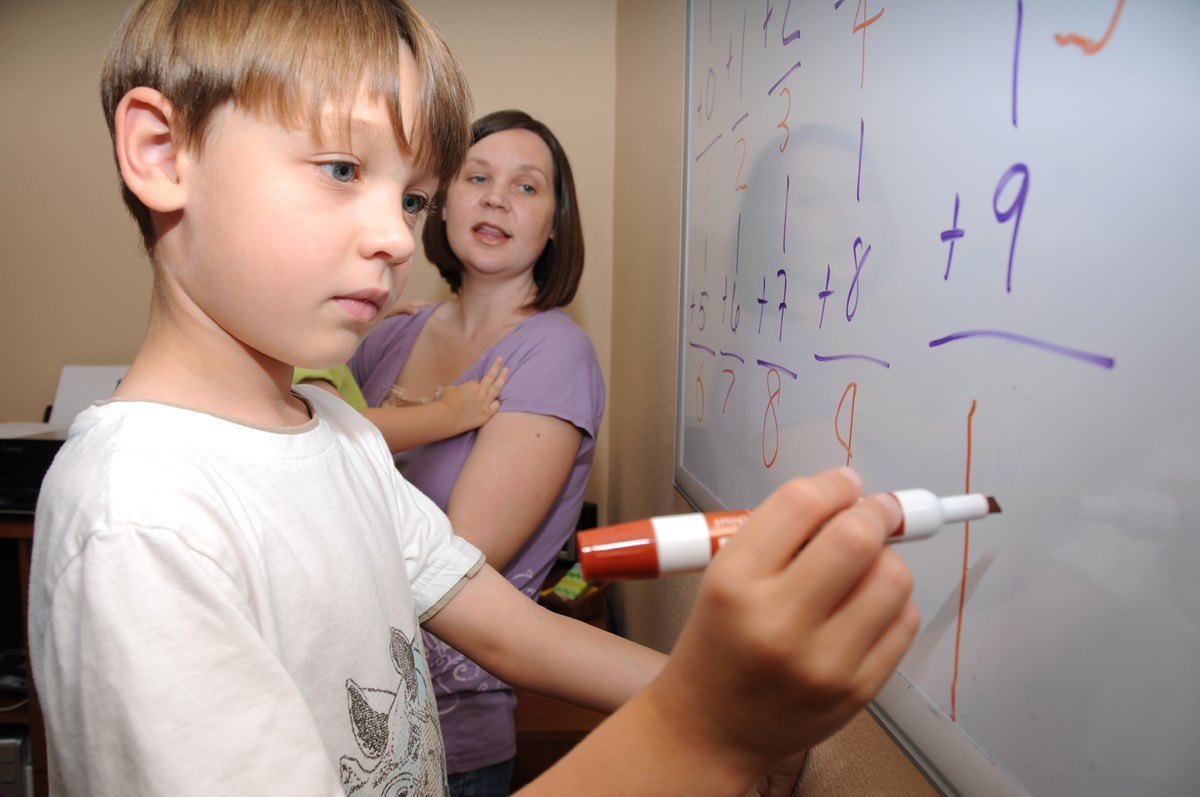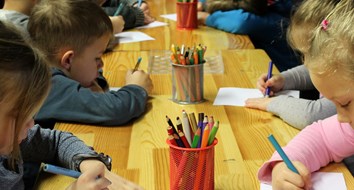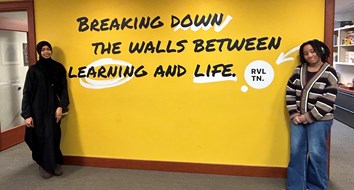As schools shut down indefinitely across the country due to coronavirus concerns, many parents are wondering how to get through the coming weeks at home with their children. This is new territory for all of us, especially as “social distancing” becomes the new normal and virtual working and learning spaces replace the real thing.
As a homeschooling mother of four, and author of “Unschooled,” I realize that this time at home can feel overwhelming and is far from a typical homeschooling experience. There are some steps parents can take to make this time at home with their children more tolerable and rewarding for everyone.
1. Avoid replicating school at home
While many schools and districts are sending home packets of curriculum materials or shifting to virtual classrooms and assignments, parents should try to avoid the tendency to re-create school at home.
It’s understandable that parents may worry about keeping their children on track academically, but they are likely to find that their children are able to complete their course work in much less time than in a typical school day, and will learn a great deal from the other experiences and insights that will surely emerge during this challenging time.
2. Prioritize play and unstructured time
We all know that play is vital for children’s healthy development and it may be particularly important as we confront this pandemic. My 6-year-old son was playing recently with the figurines from the board game Risk when I overheard him say to them: “I can’t shake your hand. You might have the coronavirus.”
Our children are listening to all that is going on and processing it through play. Prioritizing ample play and unstructured time is one important way we as parents can help our children to cope. For young children, this means creating space for free play without feeling the need to direct or organize their play activities. This could take some adjusting, as kids learn how to overcome their boredom and rekindle their imagination.
For older children accustomed to mostly adult-led activities and supervised extracurriculars, allowing them abundant, unstructured time over the next several weeks could awaken new interests and goals.
Read the rest of this article at WBUR, Boston’s NPR News Station





